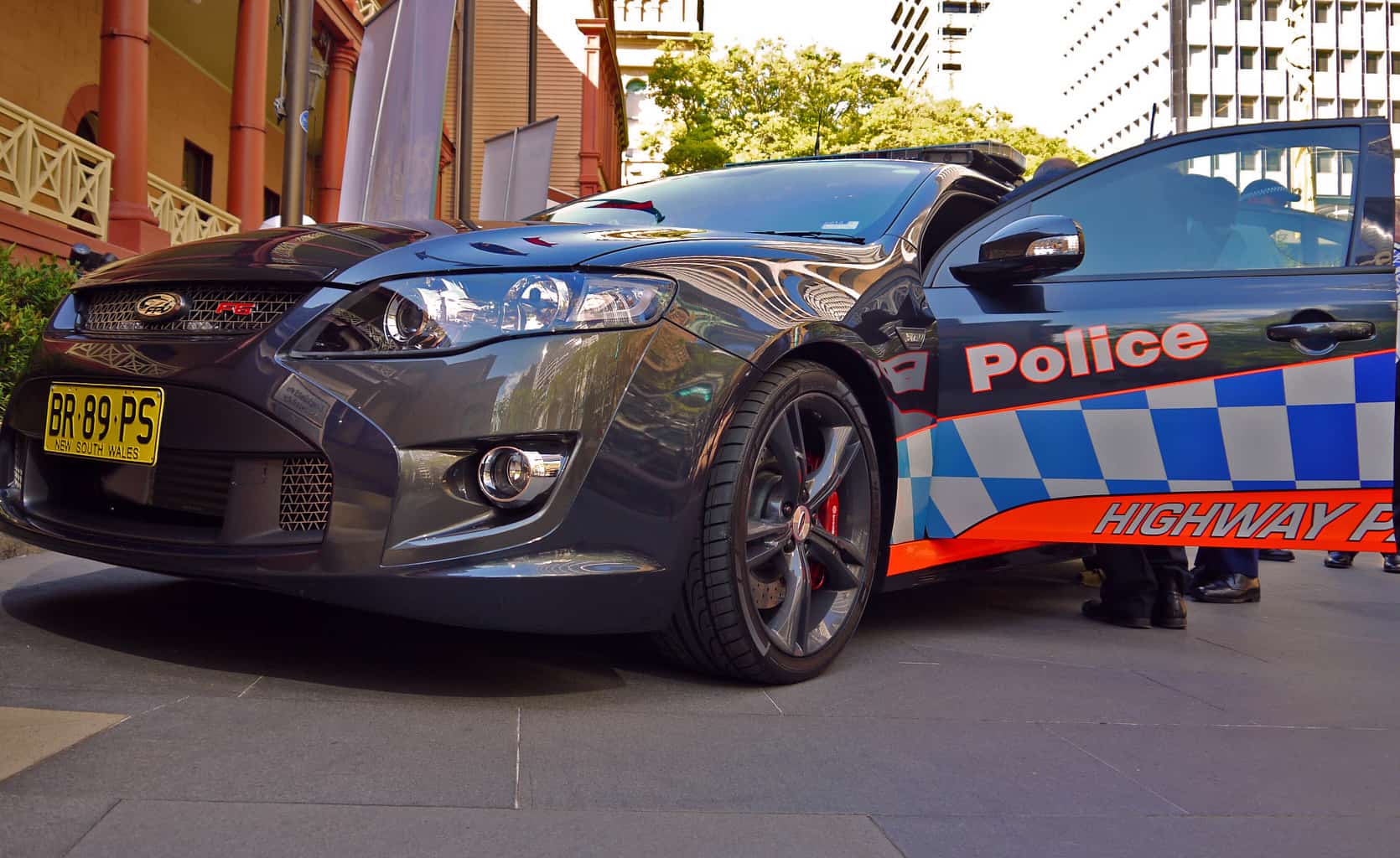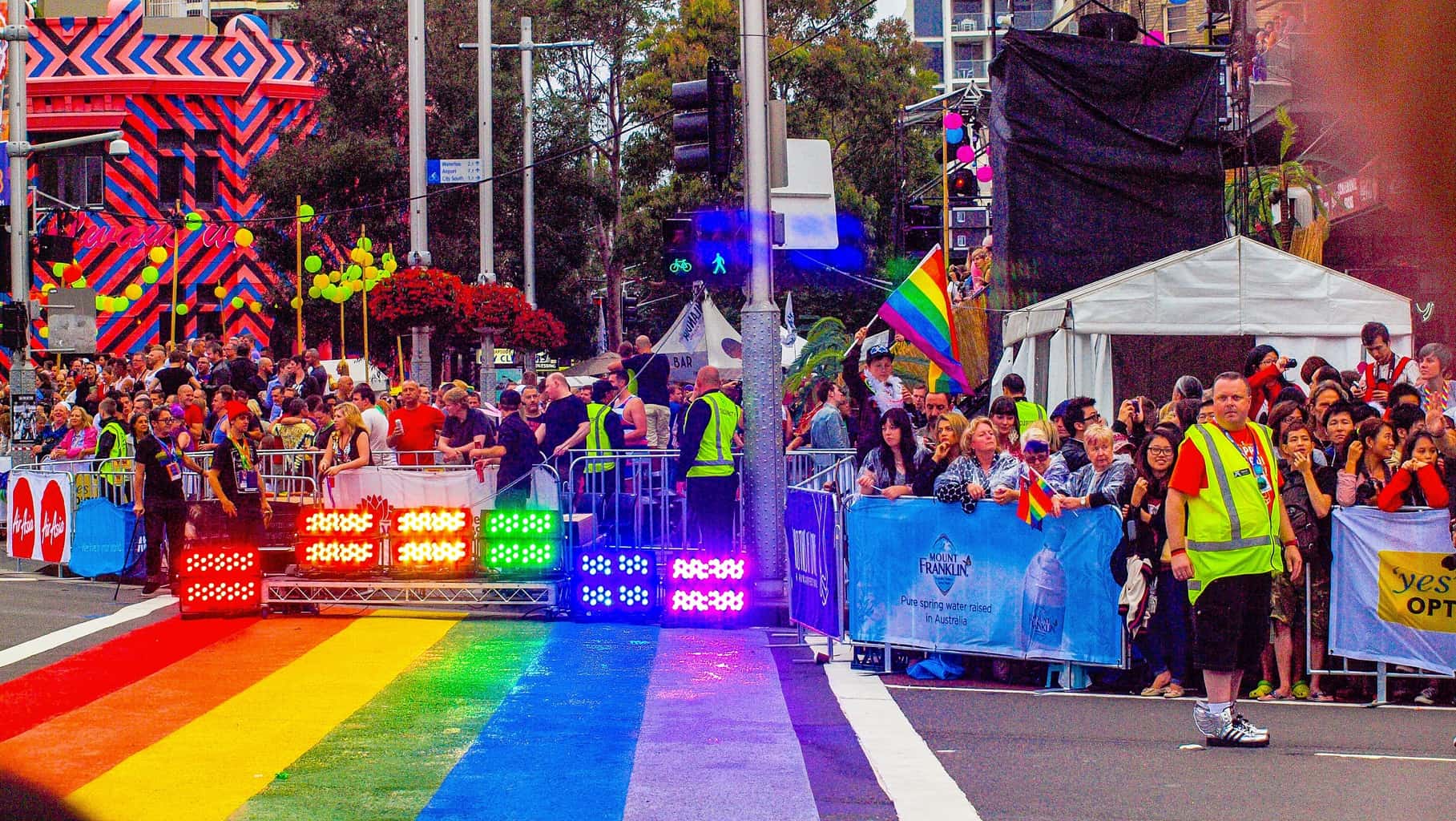With Sydney Mardi Gras fast approaching, many of us are getting ready for a weekend of celebration and as Australia’s only Out Loud and Proud law firm we want you to know your legal rights.

New drug laws allow on the spot fines for some drug offences
Ordinarily a person found with a small amount of illegal drugs in NSW will be issued a court attendance notice and will be required to enter a plea of guilty or not guilty before the Local Court of NSW.
But new laws now allow the NSW Police Force to issue fines to people caught with a small quantity of drugs. In the case of MDMA an on the spot fine can also be issued to a person found with a trafficable quantity of MDMA if the MDMA is not in capsule form.
The issuing of a fine is at the police officer’s discretion and while there is no rule as to how many fines a person can be issued over a period of time, a second offence will probably mean the NSW Police Force will issue a court attendance notice rather than a fine.
Our advice is, if you are found with a small quantity of drugs, it is worth calmly requesting to be issued with an infringement notice rather than a court attendance notice.
If that doesn’t work, call the DTL crime team on 02 9519 3088 and we can either negotiate with police (in the days or weeks following) or represent you in court.
Fines are not criminal records
Under the Criminal Procedure Regulation 2017 (NSW), payment of an infringement notice (a fine) does not mean you are pleading guilty to a crime.
And payment of the fine prevents any further criminal proceedings relating to the same conduct. That means that payment of an on-the-spot fine for drug possession will not lead to a criminal record or a finding of guilt.
This is hugely beneficial to small quantity matters and will mean less drug possession matters clogging up NSW Local Courts and less drug offenders experiencing the stress of criminal court proceedings.
With on-the-spot fines, there is also the benefit of fewer consequences for offenders such as no stigma associated with criminal records and possibly easier entry to some foreign jurisdictions.
Beware of quantities
At the time of publishing this blog, under the Drug Misuse and Trafficking Act 1985 (NSW) a small quantity of MDMA is 0.25 grams and a trafficable quantity is 0.75 grams. A small quantity of cocaine is 1 gram and a small quantity of gamma butyrolactone (known as “G” or “GHB”) is 10 grams.
If you are not sure about what quantity applies, call the DTL crime team and ask us for help: 02 9519 3088.
Interaction with the Police
It is important that you are always careful when interacting with police. You should be respectful and calm and should not argue.

Reasonable grounds of suspicion
The NSW Police Force must have reasonable grounds of suspicion before they can undertake a search of your possessions or body.
A drug dog sitting down next to you may be considered reasonable grounds of suspicion in certain circumstances but usually police need more than just a drug dog’s indication.
If you are told that you are going to be searched, you should calmly and respectfully ask the officer what their reasonable suspicion is.
Though you can’t refuse a search, you can let the officer know that you do not consent to it. If you tell an officer that you don’t consent to a search, ask them to take note of that in their note book. They must keep that note and it may be able to be used by you on a later date.
You may want to document the search yourself and there is no specific law that prevents you or, more practically, one of your friends filming the search (provided it is not a strip search, in which case police may deny a witness the opportunity to observe the search).
Strip searches
A strip search can only be conducted if the circumstances are “serious and urgent”.
You should indicate that you do not consent to a strip search, but you should still comply with police directions including a direction to be searched.
You could ask the police to record your lack of consent in their notebook and ask to initial the entry.
A strip search should be an observation of your body and not an investigation of cavities or search of your body by touch. In this respect, police can ask you to shake your hair, look in your mouth and observe you naked. But they must not put their fingers in your mouth or in any other cavity.
Police must obtain a court order to examine cavities and this is only done in very serious circumstances.
You must be strip-searched by a police officer who is the same gender as you or, if you are non-binary, an officer of a gender you feel most comfortable with.
You should ring us on 02 9519 3088 if you think you have been illegally searched.

Further Advice
Though it may be difficult considering the circumstances, try to be as respectful as possible when dealing with the police. As we have explained, many of their powers are discretionary and can be influenced by your behaviour towards them.
This information is general in nature and you should always speak to us in case your circumstances require specific advice.
If you are issued with a court attendance notice or need advice, contact our criminal law team on email at enquiries@dowsonturco.com.au or phone 02 9519 3088.


